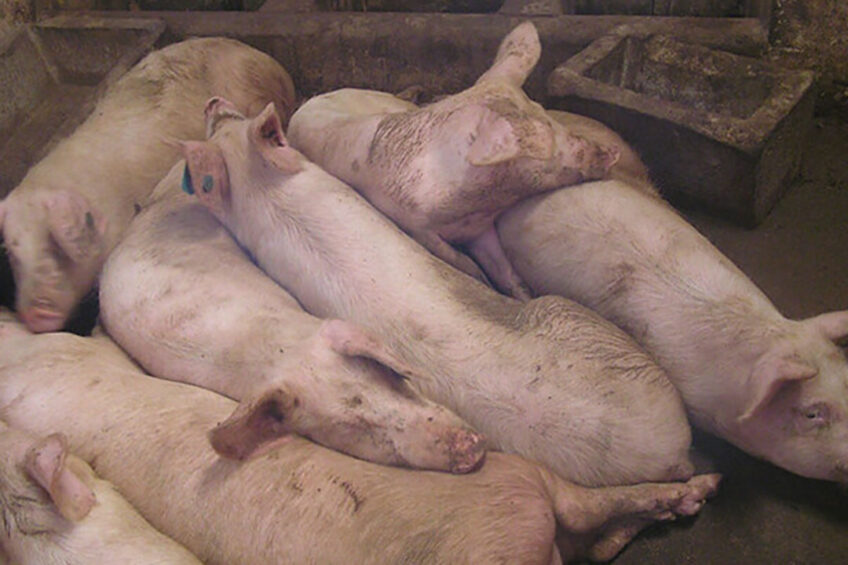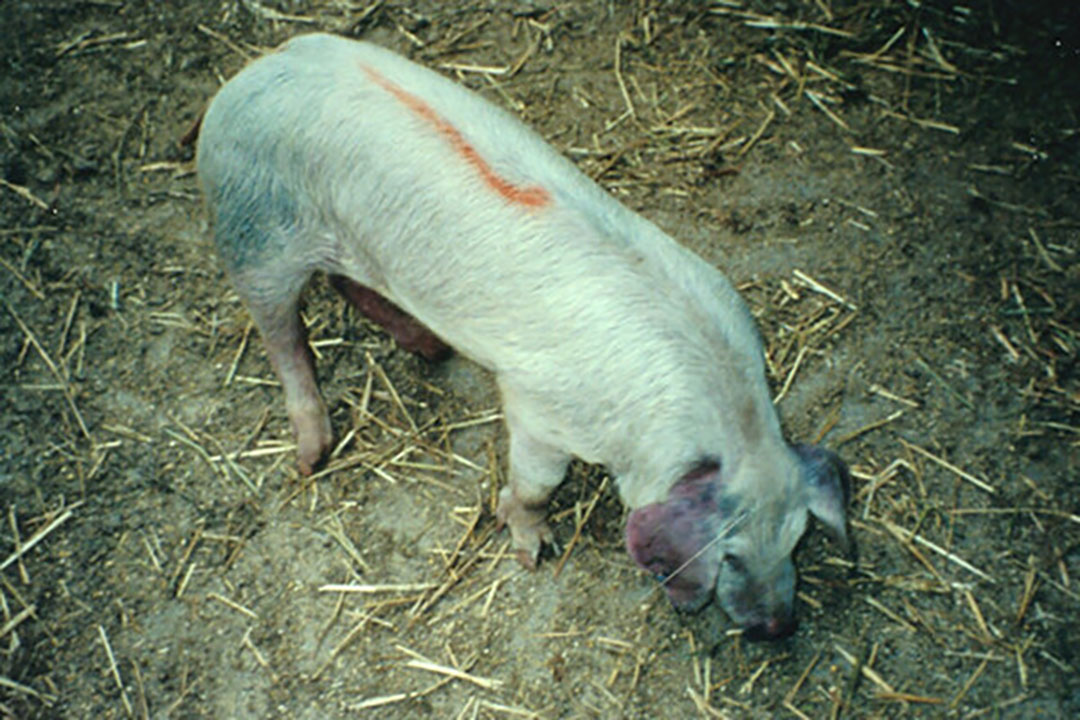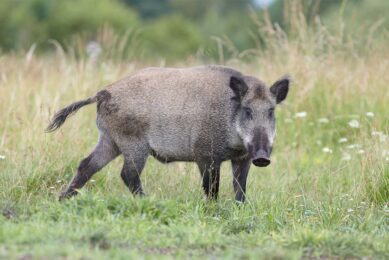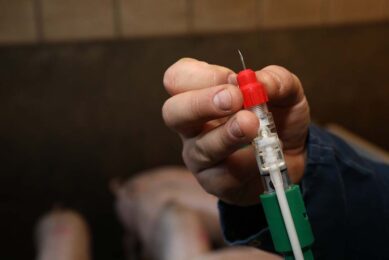Dominican Republic: what about the ASF epidemic in the Americas?

In the months leading up to the event United Pork Americas, Pig Progress takes a deep dive into pig producing countries in the Americas. What is pork production like in the various countries in both continents, and what are the perspectives for development? Today: a closer look at the Dominican Republic.
The Dominican Republic came in the news due to African Swine Fever (ASF) outbreaks in July last year. The Caribbean country has been one of the 2 nations – the other being Haiti, in the same island – to report the disease in Americas after almost 40 years.
The situation was critical. The Dominican Republic is around 1,200 km from Florida, United States – the largest exporter and second producer – and might be an open door to many other major producers such as Brazil, Canada, Argentina, Chile and so on.
Few details
The Dominican government announced a series of control measures. Nonetheless, since then, the government gave few new details officially at its website.
President Luis Rodolfo Abinader included the issue in his annual speech to the nation. “Regarding ASF, I inform you that a plan has been executed, prepared with the advice and cooperation of international organisations,” he said. Local government indeed receives support from the US, the Inter-American Institute for Cooperation on Agriculture (IICA) and other countries and entities. However, according to local press, there is an epidemic in several regions all over the country upon these days.

20 outbreaks per week
In February, the president of the Dominican Association of Swine Farms (Adogranja), Luis Brache, explained to El Nacional newspaper that “efforts to control ASF have not stopped” but we still face at least “20 outbreaks per week.”
Recently, it was even speculated that the entire pig herd of the country should be culled, which is around 1.4 million animals.
Pork production
The task of pest control is in charge of the Ministry of Agriculture, via the General Directorate of Livestock (Digega), which continues to visit and inspect all the pig-producing areas to eliminate sources of contamination.
Brache trusts the “disease will be controlled” and thus USDA Laboratory for the Diagnosis of Foreign Animal Diseases will be able to determine that the Dominican Republic is ready to continue with pork production.
Local consumption
In 2020, before the epidemic, the Dominican Republic produced 88,400 tonnes of pig meat, 28.4% more than in 2018. This production responds just for 70% of domestic consumption (about to 115,000 tonnes) and around 30% come from abroad.
A 2020 survey indicates that the Dominican Republic has 334 organised farms with 62,884 breeding sows; in addition to another 33,340 sows in “backyard” production. The total herd was around 1.4 million pigs.
Only by assuming our responsibility, we can achieve an island free of ASF and any other disease in the future
Jesús de los Santos, Dominican representative
Meeting authorities
Since the first outbreak, authorities have reported 180,000 animals were culled over 29 out of 32 provinces (including the National District).
On April 8th, the authorities from the United States, Haiti and Domincan Republic met in order to scale up the fight against ASF in Hispaniola Island. The Dominican representative, Jesús de los Santos, said what everybody would like to hear: “We come with high expectations to build a route and a work plan. Only by assuming our responsibility, we can achieve an island free of ASF and any other disease in the future.”
 Beheer
Beheer








 WP Admin
WP Admin  Bewerk bericht
Bewerk bericht